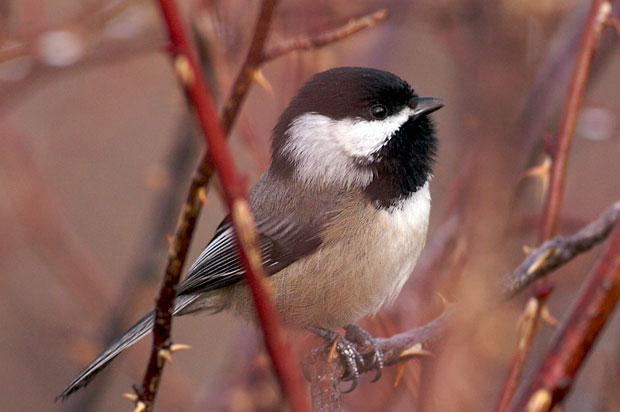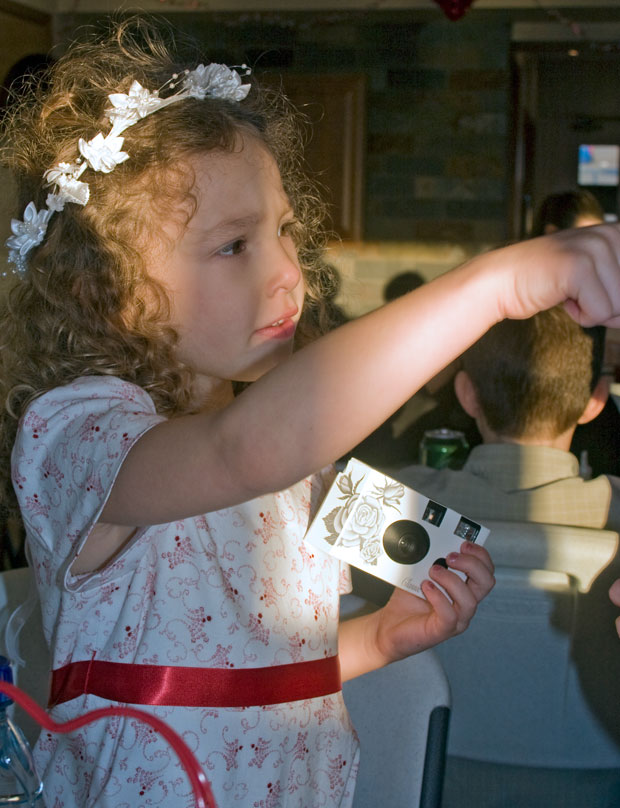I’m not sure I’d agree with Ai that the poems in vice are about “transcendence — that’s what I’m striving for in all these poems; no matter what the characters go through, no matter what their end, they mean to live.” At least not my definition of “transcendence.” What they do exemplify beautifully is empathy, empathy for those society often seems to abhor. She identifies with her characters and allows us to see them through their own eyes.
I must admit that considering how many of the poems are about “outsiders,” those who defy society’s conventions or who are destroyed by them, I was rather surprised when I read this poem but soon came to see it as the epitome of Ai’s work:
INTERVIEW WITH A POLICEMAN
You say you want this story
in my own words,
but you won’t tell it my way.
Reporters never do.
If everybody’s racist,
that means you too.
I grab your finger
as you jab it at my chest.
So what, the minicam caught that?
You want to know all about it, right?-
the liquor store, the black kid
who pulled his gun
at the wrong time.
You saw the dollars he fell on and bloodied.
Remember how cold it was that night,
but I was sweating.
I’d worked hard, I was through
for twenty-four hours,
and I wanted some brew.
When I heard a shout,
I turned and saw the clerk
with his hands in the air,
saw the kid drop his gun
as I yelled and ran from the back.
I only fired when he bent down,
picked up his gun, and again dropped it.
I saw he was terrified,
saw his shoulder and head jerk to the side
as the next bullet hit.
When I dove down, he got his gun once more
and fired wildly.
Liquor poured onto the counter, the floor
onto which he fell back finally,
still firing now toward the door,
when his arm flung itself behind him.
As I crawled toward him,
I could hear dance music
over the sound of liquor spilling and spilling,
and when I balanced on my hands
and stared at him, a cough or spasm
sent a stream of blood out of his mouth
that hit me in the face.
Later, I felt as if I’d left part of myself
stranded on that other side,
where anyplace you turn is down,
is out for money, for drugs,
or just for something new like shoes
or sunglasses,
where your own rage
destroys everything in its wake,
including you.
Especially you.
Go on, set your pad and pencil down,
turn off the camera, the tape.
The ape in the gilded cage
looks too familiar, doesn’t he,
and underneath it all,
like me, you just want to forget him.
Tonight, though, for a while you’ll he awake.
You’ll hear the sound of gunshots
in someone else’s neighborhood,
then, comforted, turn over in your bed
and close your eyes,
but the boy like a shark redeemed at last
yet unrepentant
will reenter your life
by the unlocked door of sleep
to take everything but his fury back.
It’s easy to see the young black kid lying dead on the floor killed by the police as a victim of “a racist system.” It’s harder to also see the policeman who does the shooting as a victim, but it’s pretty clear that he’s a victim in more ways than most of us would like to admit.
First, he’s charged with enforcing the rule of an often unjust society, enforcing the laws written to protect those who have from those who don’t have. More often than not, they are portrayed badly in the media for doing so, “but you won’t tell it my way./Reporters never do.” Personally, having fought in Vietnam, I’ll have to admit that I’m generally surprised that more policeman don’t abuse their power because it’s damn hard not develop an “us versus them” mentality in such situations.
Thankfully I’ve never killed anyone I’m aware of, but just the act of trying to kill someone, anyone, night after night changes you in ways unimaginable to those who haven’t tried to do so. I can’t imagine killing someone that directly and not being haunted by that act, “but the boy like a shark redeemed at last/ yet unrepentant/ will reenter your life/ by the unlocked door of sleep/ to take everything but his fury back.”
The greatest strength of Ai’s vice is that it forces you to see society from the view of its victims, even those you don’t realize are victims.
Like this:
Like Loading...




 c
c
